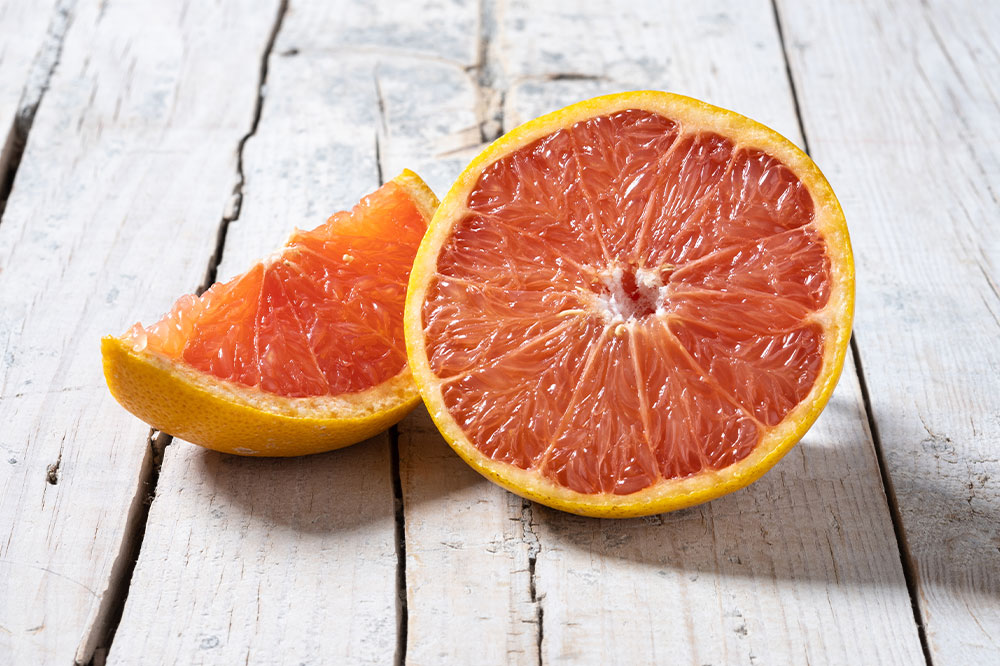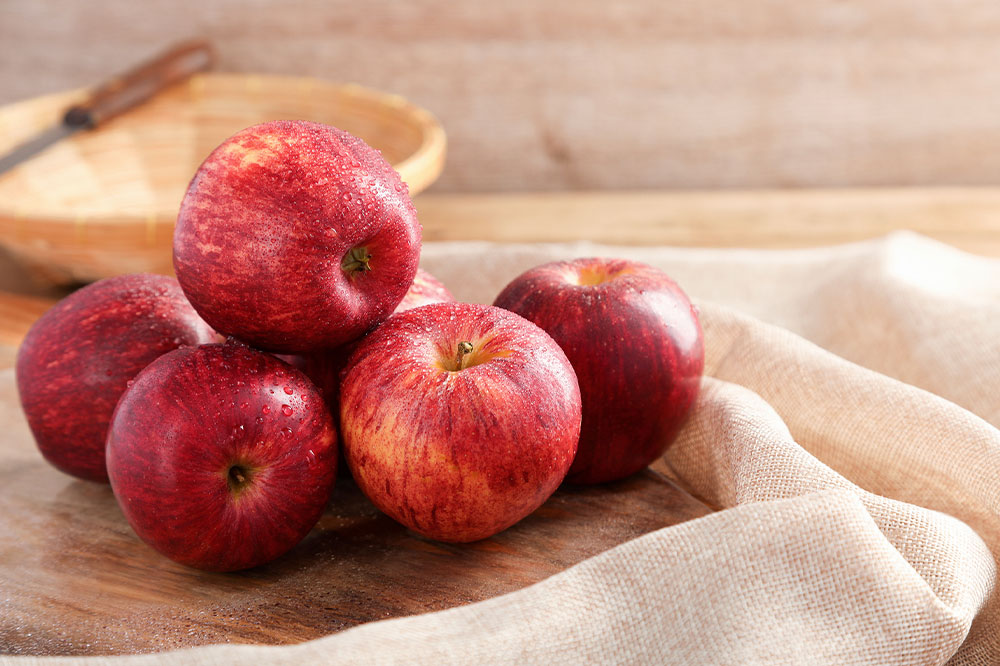10 foods that may trigger or worsen epilepsy symptoms

The brain is a vital organ responsible for several bodily functions. Epilepsy is a central nervous system (neurological) disorder that affects the brain and prevents it from working correctly. The condition may cause unusual behavior and sensations, seizures, and sometimes loss of awareness. Many factors can trigger the symptoms of epilepsy, including certain foods. Those with the disorder are advised to steer clear of the following options to manage their symptoms better.
Coffee
Coffee contains caffeine, a helpful stimulant that boosts energy for carrying out tasks at work or home. However, the beverage might not be the best for someone with epilepsy. Drinking too much coffee may trigger symptoms like seizures, which can lead to severe complications if not controlled. Therefore, patients are better off excluding this stimulant from their nutrition plan.
Bananas
Eating bananas regularly can have several health benefits. The fruit contains a substantial amount of potassium, which various body parts use to function well. Potassium may also help transfer electrical signals in the brain. However, eating too many bananas in a day may increase the body’s potassium levels. Excessive levels of this mineral in the brain may lead to symptoms of epilepsy, including seizures. One banana a day should not have adverse effects, but it is best to speak to a healthcare expert before changing a meal plan.
Chocolate
Individuals diagnosed with epilepsy should steer clear of chocolate. Like coffee, chocolate has caffeine, although in smaller amounts. Enjoying some chocolate is fine occasionally, but regular consumption may trigger the symptoms. The caffeine absorbed by the body may change the brain’s electrical signals, leading to complications.
Cookies
It is no secret that highly processed foods and those rich in sugars like cookies are unhealthy. They increase the risk of several chronic ailments and raise blood sugar levels. A sudden spike in blood glucose might trigger the symptoms of epilepsy. Other sugar-rich foods one should avoid include cakes, candy, and white bread. Even sugary drinks may lead to problems in people with this neurological disorder.
Grapefruit
Grapefruit in itself may not trigger the symptoms of the condition. But eating the fruit or drinking its juice while using epilepsy treatments may lead to complications. Grapefruit contains a naturally occurring chemical that may interfere with ongoing treatments. It may reduce their impact or lead to side effects. In either case, the individual may suffer from increased seizures when eating this food.
Butter
Butter contains saturated and trans fats that are undoubtedly bad for health. Including it in regular meals may raise unhealthy cholesterol levels in the body, increasing the risk of heart disease. Since individuals with epilepsy already have heart issues, eating butter often can be life-threatening. Other foods high in trans and saturated fats, including margarine, beef fat, and coconut oil, may also lead to epilepsy complications.
Artificial sweeteners
Many people resort to artificial sweeteners as an alternative to sugar without realizing they are equally bad for health. Studies show that individuals who eat foods with artificial sweeteners like aspartame are more likely to develop seizures. A few foods that contain these additives include candy, soda, pudding, canned food, jams, and jellies.
Food colorings
Adding colors to foods can increase their visual appeal but may harm people with this disease. While research is yet to determine how food colorings are linked to epilepsy, some individuals are said to have increased seizures when eating foods with added color. One can prevent complications by avoiding foods with labels that read “artificial color added” or “color added.” Note that some products may name individual color additives instead of printing a clear warning.
Soy
Soy and soy-based products should be excluded from the meals of children with epilepsy. These foods are known to trigger seizures and even cause allergic reactions in kids. Some products may not have labels indicating the presence of soy. So when shopping at the local store, one must be completely sure that the food does not have this ingredient.
Milk
Dairy products like milk and certain cheeses may act as allergens. Those who overeat these foods might also be susceptible to the symptoms of epilepsy, including seizures. Therefore, individuals should reduce the amount of dairy-based foods in their nutrition regimen to manage this neurological disorder.






